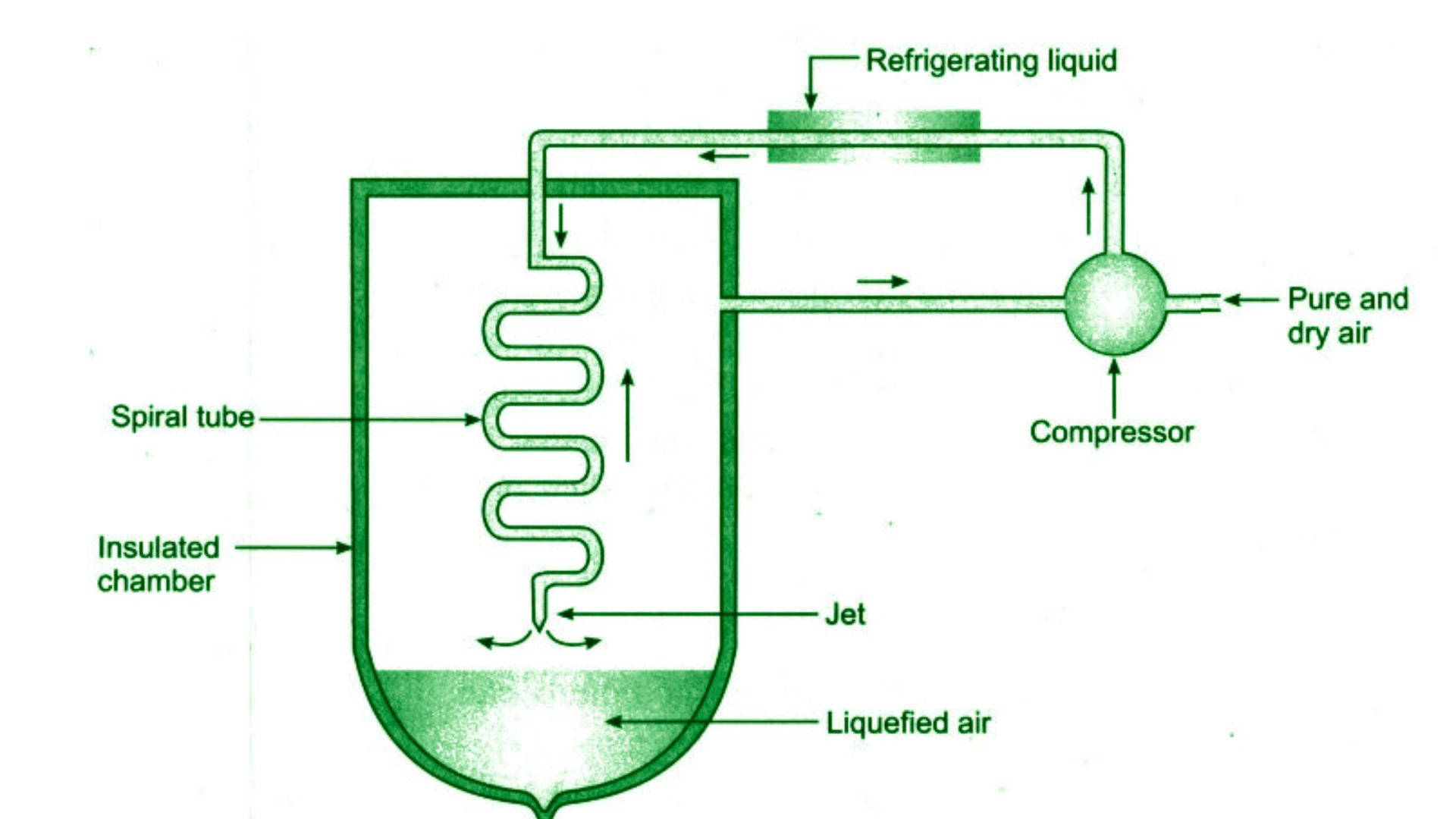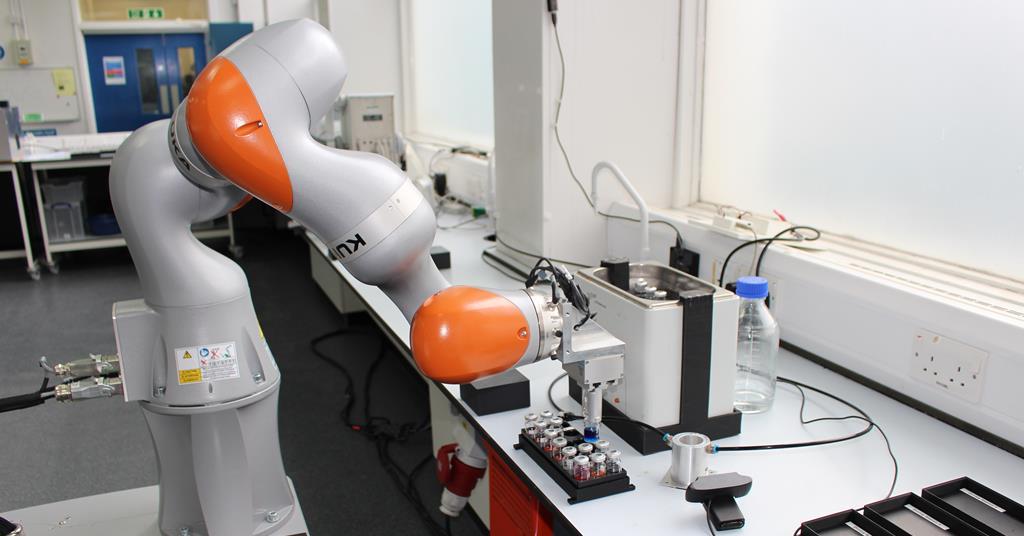Catalysts are indispensable in modern industry, playing a pivotal role in enhancing the efficiency and effectiveness of chemical processes. These substances accelerate chemical reactions without undergoing permanent change themselves. Their use spans various sectors, including petrochemicals, pharmaceuticals, and manufacturing, where they significantly impact production efficiency and environmental sustainability.

The Importance of Catalysts in Industry
Catalysts in Petrochemical Industries
In the petrochemical industry, catalysts are crucial for converting raw materials into valuable products such as gasoline, diesel, and various chemicals. Processes like cracking, reforming, and hydrocracking rely on catalysts to break down large hydrocarbons into smaller, more useful molecules. These catalysts help in maximizing the yield of desired products and minimizing the formation of by-products, making the refining process more efficient and cost-effective.
Pharmaceutical Manufacturing
The pharmaceutical industry also benefits greatly from reactants. They facilitate the synthesis of complex molecules used in medications, making the production of drugs more efficient. For example, catalysts can enable more selective reactions, reducing the formation of unwanted side products and simplifying purification processes. This efficiency not only lowers production costs but also accelerates the availability of new treatments and medications, ultimately benefiting public health.
Environmental Impact and Sustainability
Catalysts contribute significantly to environmental sustainability. They help reduce the emission of harmful substances by promoting cleaner chemical processes. In automotive technology, catalytic converters use catalysts to transform harmful exhaust gases into less harmful emissions, thereby improving air quality. Additionally, catalysts are integral in processes designed to minimize waste and maximize the utilization of raw materials, aligning with sustainable industrial practices.
Economic Advantages
From an economic perspective, catalysts enhance process efficiency and reduce production costs. By increasing reaction rates and improving product yields, catalysts help industries achieve higher profitability and better resource management. Their ability to reduce energy consumption and material waste further contributes to cost savings, making them a vital component in competitive industrial operations.
Catalysts in Green Chemistry
The field of green chemistry also benefits from catalysts. Catalysts enable reactions to proceed under milder conditions, reducing the need for harsh chemicals and extreme temperatures. This approach minimizes environmental impact and promotes safer chemical processes. The development of new, more efficient catalysts is a key focus in advancing green chemistry and achieving more sustainable industrial practices.
Future Developments in Catalysis
As technology advances, the role of catalysts in industry continues to evolve. Researchers are constantly exploring new materials and methods to improve catalytic efficiency and selectivity. Innovations in catalyst design are expected to drive further advancements in industrial processes, leading to more sustainable and economically viable solutions. The future of catalysis promises enhanced performance and broader applications, reinforcing its importance across various sectors.
Catalysts in Renewable Energy Technologies
Catalysts are integral to the development and optimization of renewable energy technologies. In the field of hydrogen production, catalysts facilitate the electrolysis of water to generate hydrogen gas, a clean energy source with potential for reducing reliance on fossil fuels. Additionally, catalysts are essential in fuel cells, where they help convert hydrogen and oxygen into electricity with minimal environmental impact. By improving the efficiency and cost-effectiveness of these technologies, catalysts contribute significantly to the advancement of renewable energy solutions.
Advancements in Catalyst Technology
The field of catalyst technology is continually evolving, driven by the need for more efficient and sustainable processes. Recent advancements include the development of nanocatalysts, which offer enhanced surface area and catalytic activity, and the use of biocatalysts, which harness natural enzymes for chemical reactions. These innovations not only improve the performance of existing catalytic processes but also enable new applications and more environmentally friendly solutions. As research progresses, the continued evolution of catalyst technology will play a pivotal role in addressing global challenges and advancing industrial practices.
Conclusion
Catalysts are vital for efficient and sustainable industrial processes, offering significant environmental and economic benefits. Their role in transforming raw materials, improving product yields, and reducing emissions underscores their importance in modern industry. As research and technology advance, catalysts will continue to play a crucial role in driving innovation and supporting sustainable practices.




